
Alchemical Metabolism – In Conversation with Emanuele Coccia by Jan Araújo, Lena Becerra, Helen Yin Chen, Tuçe Erel, Helene Schulze
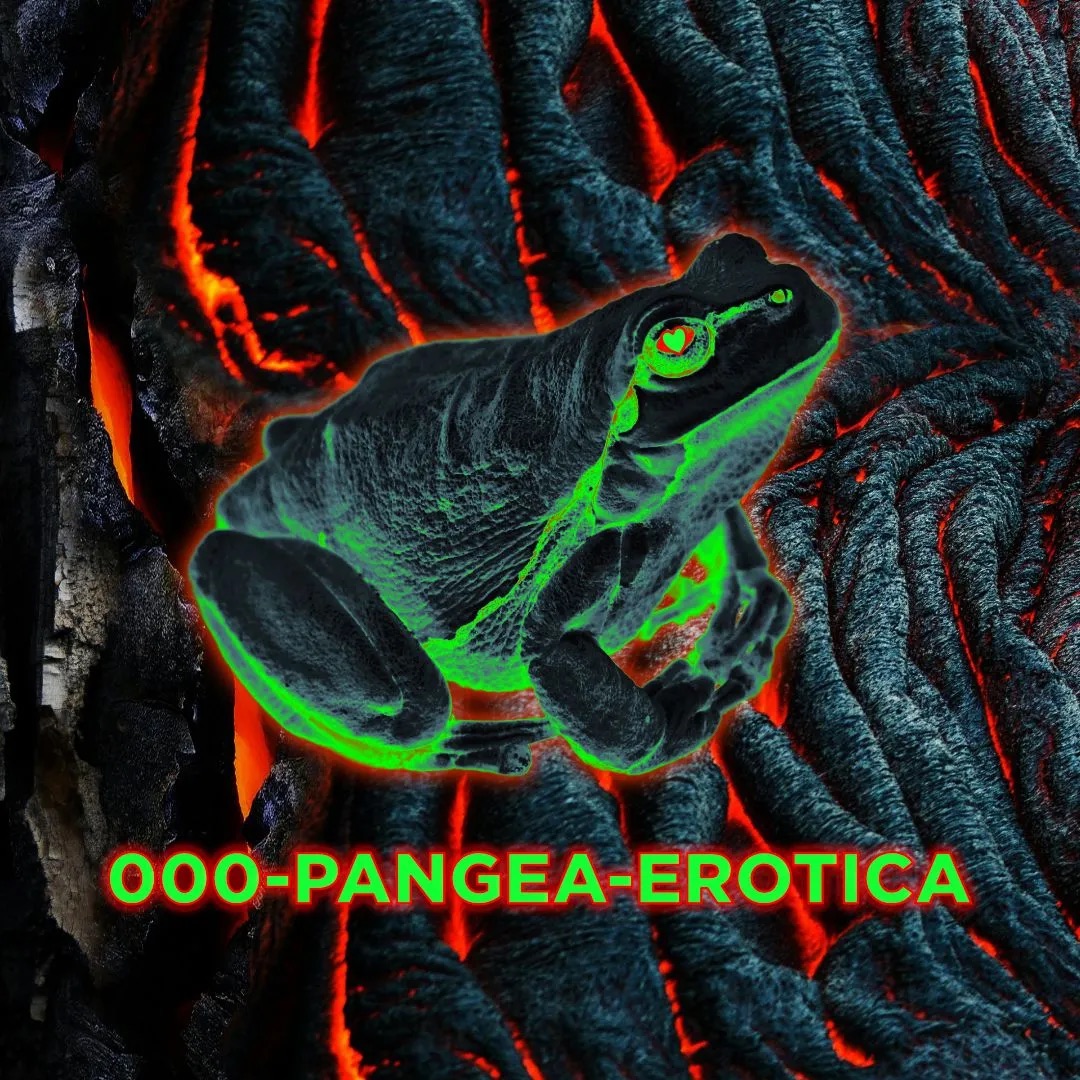
Pangea Erotica by Elena Falomo, Fabiana Mapel, Joy Pepe, Inês Barros, Sabrina Basilio, Courtney Mackedanz

Stromatolites and Other Lovers by Sara Willa, Martina Camani*, Joanna Wierzbicka, Javiera Peón-Veiga, anna ivanova
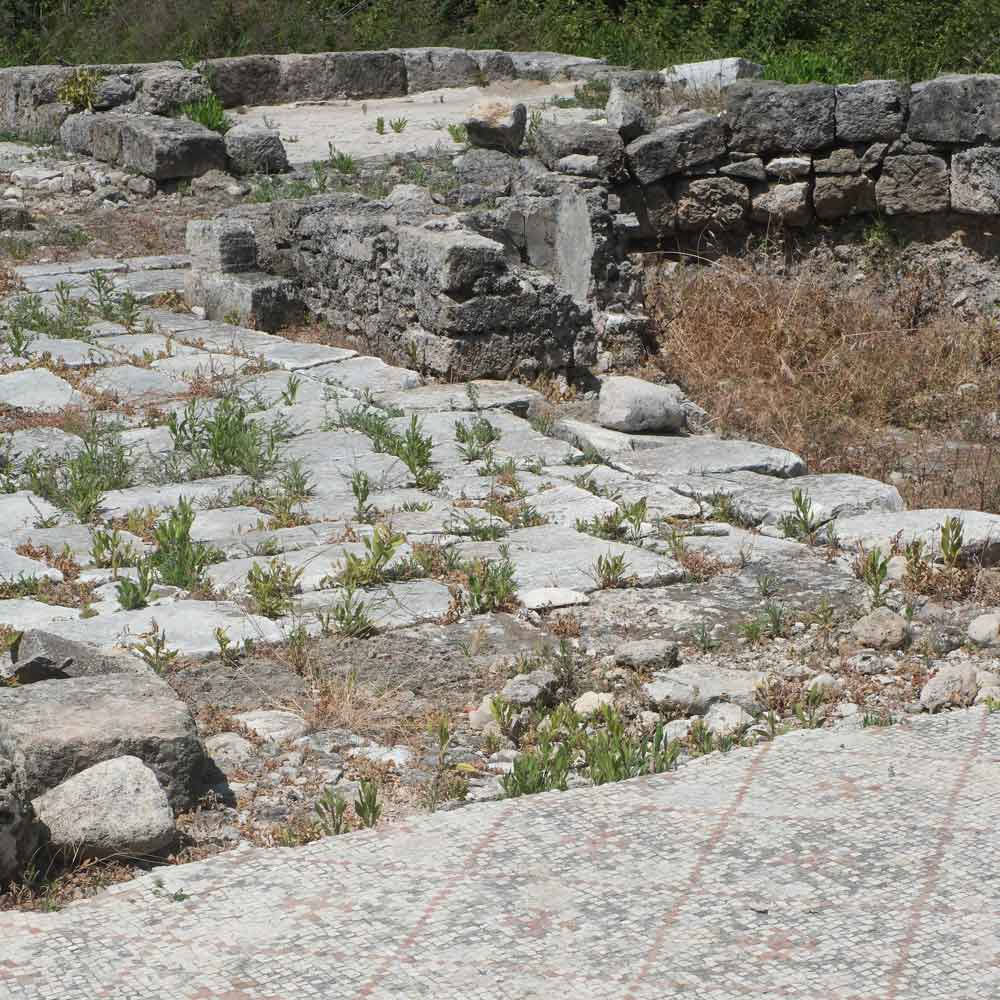
What the Land Remembers When We Cannot by Jess Zamora-Turner, Valerie Prinz, Kutlwano Ramphele, Irina-Anca Bobei, Tamara Kalo, Abri de Swardt

Rift Matter by Lhotse Collins, Anna Karinvinge, Hailey Basiouny, Sondi, Alessandro
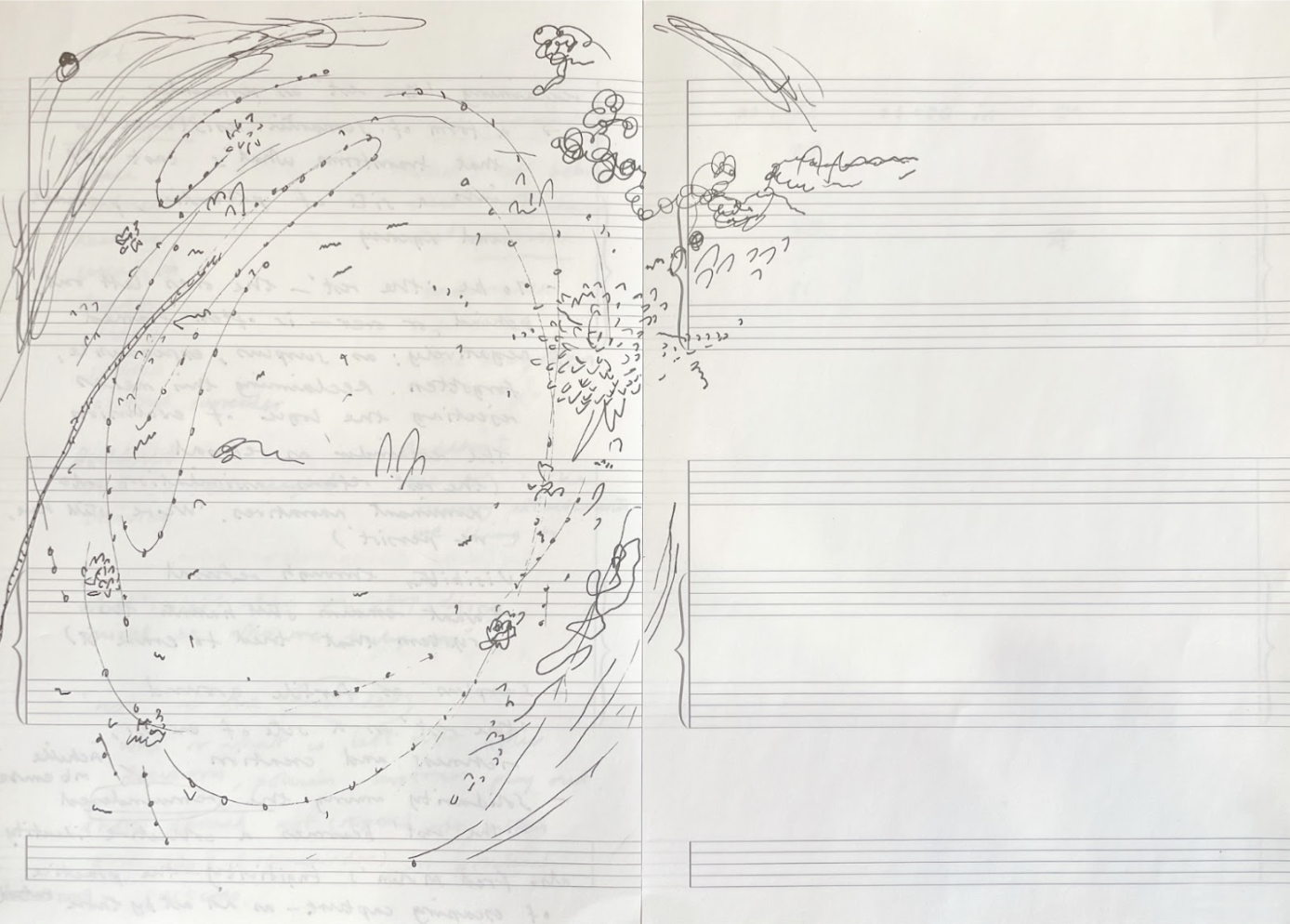
Rest as Return by Julian Rieken, Vika Privalova, Yoojin Lee
ALTERNATIVE ECOLOGIES POSTGRADUATE PROGRAM
Long-term Programs
APPLICATIONS OPEN UNTIL MAY 17TH

WHAT IS POSTNATURE?
Online Seminars
LED BY GABRIEL ALONSO AND YURI TUMA
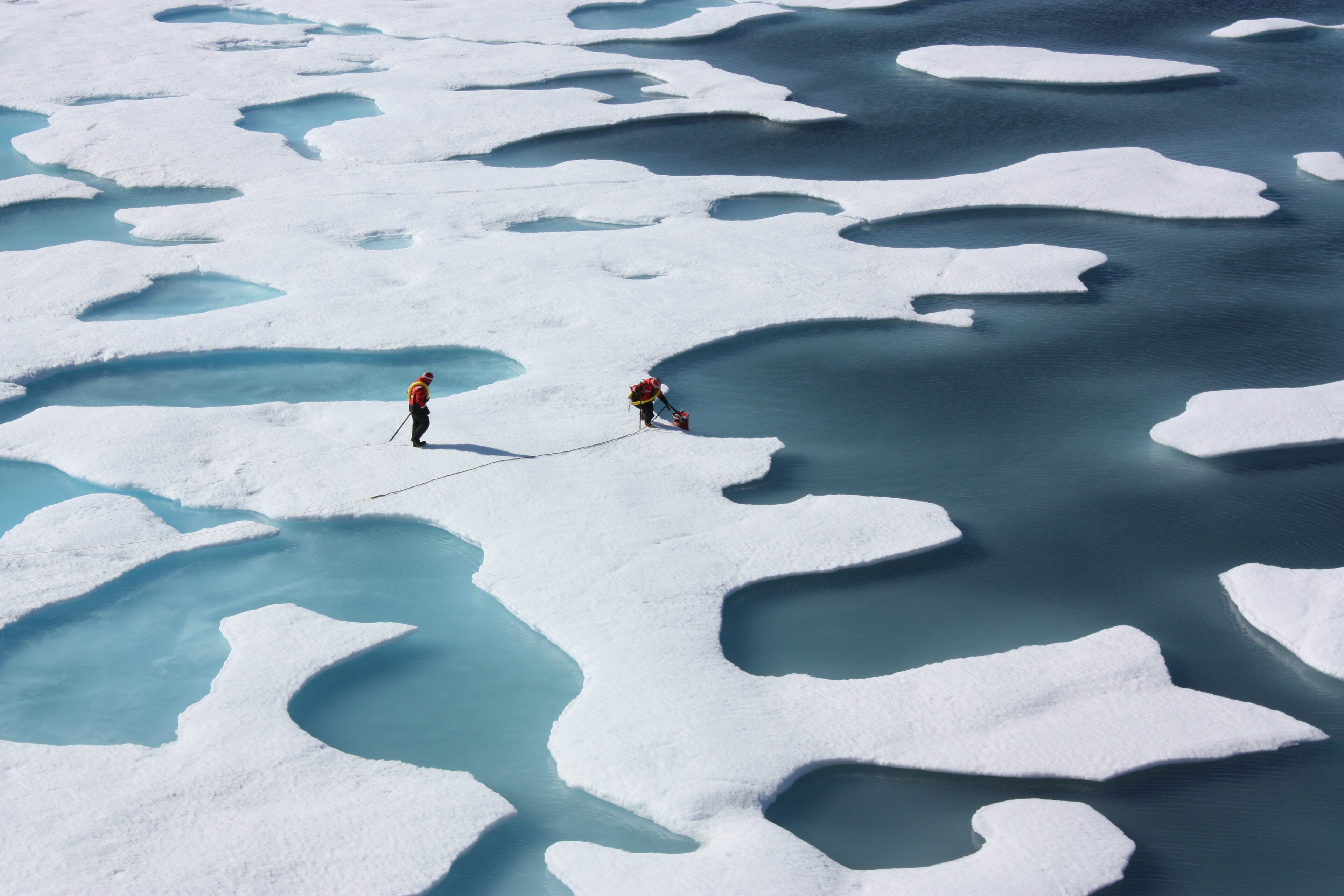
WATER ECOLOGIES ~ Melting
Online Seminars
LED BY JUAN PABLO PACHECO
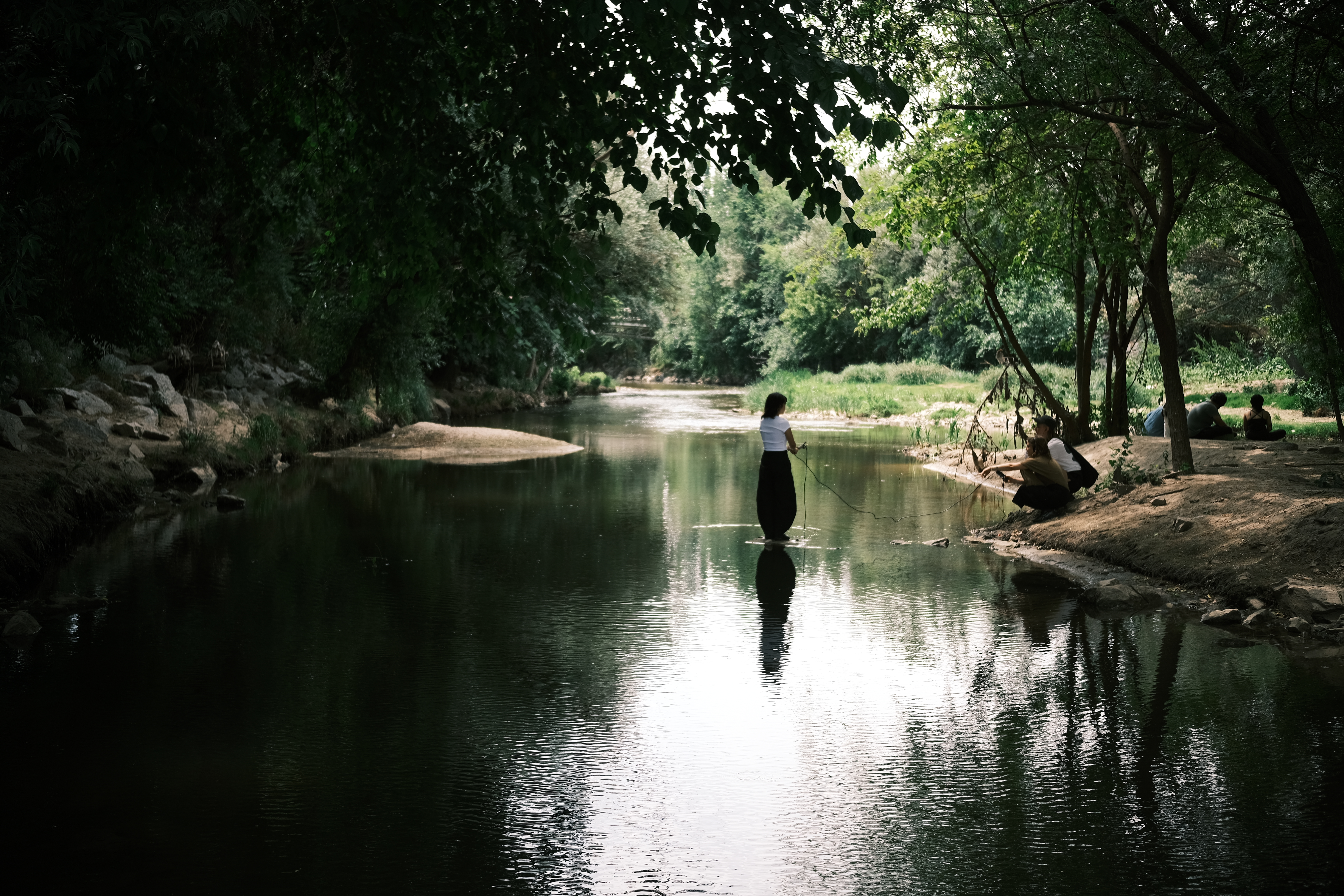
POSTNATURAL INDEPENDENT PROGRAM 2026
Mid-term programs
APPLICATION PERIOD CLOSED, YEARLY
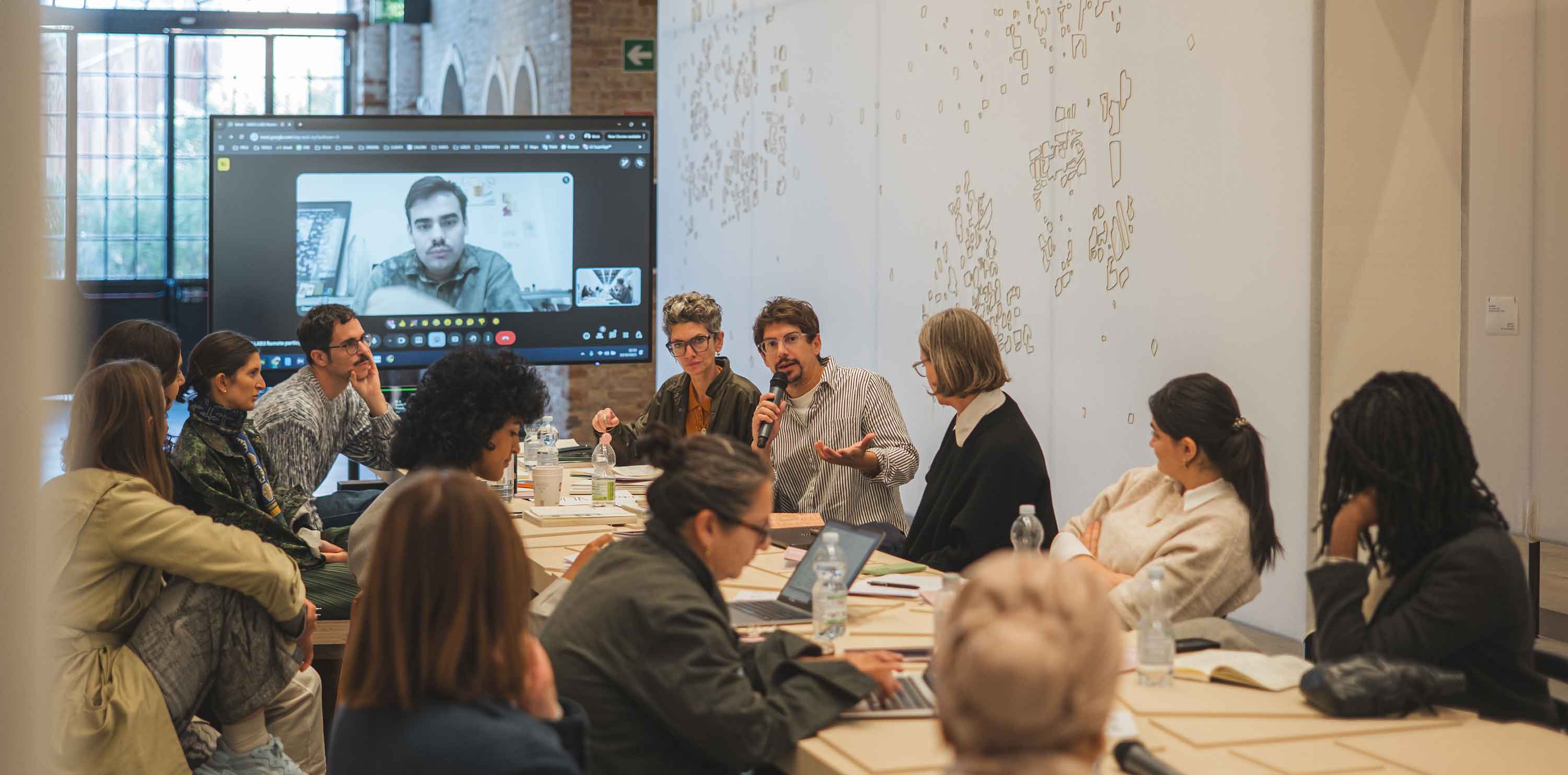
BUILT / UNBUILT: Relational Pedagogies and Participatory Spatial Practice
Curatorial
VENICE, 2025


Wametisé: Ideas for an Amazofuturism—ARCO 2025
Exhibition, Curatorial
MADRID, 2025
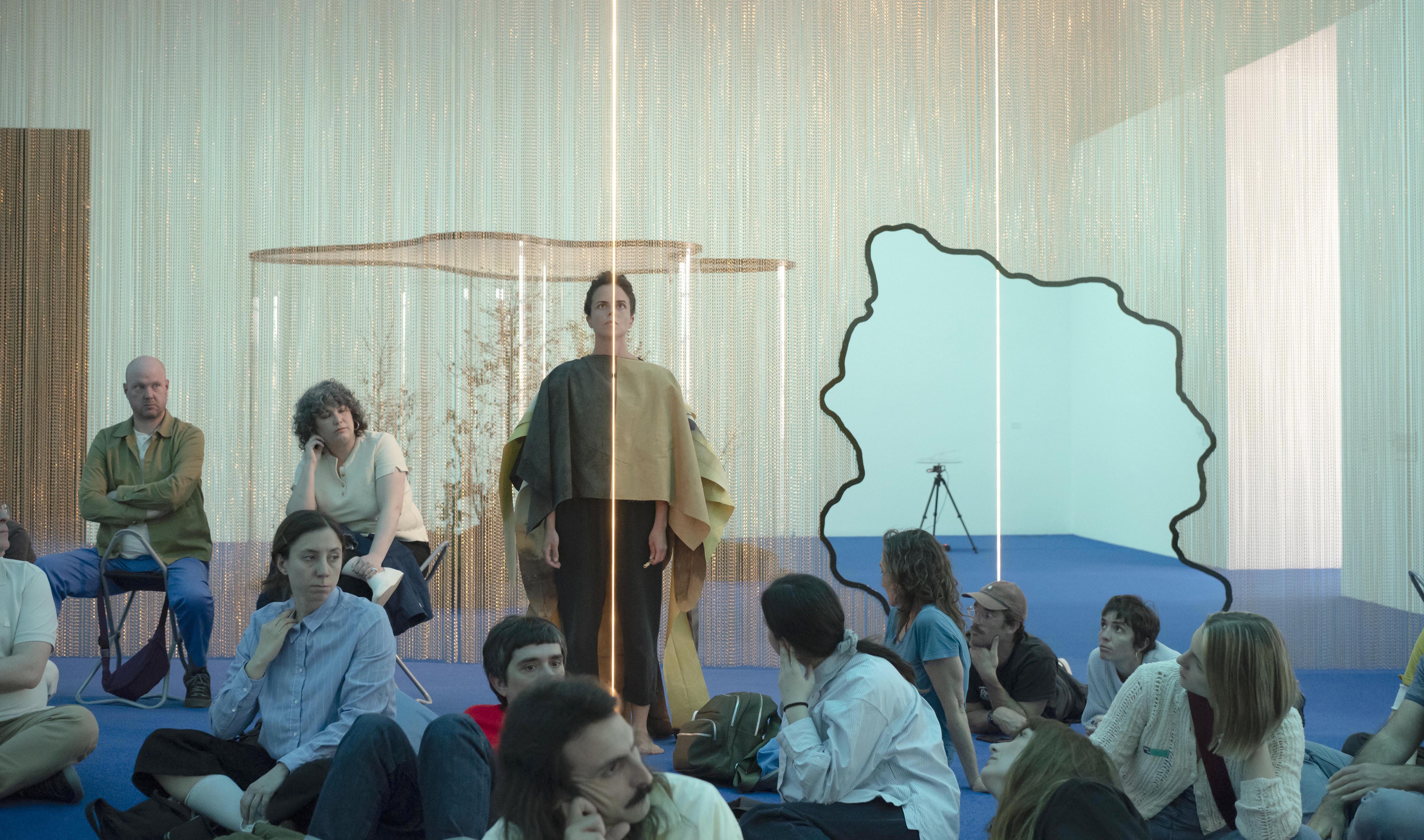
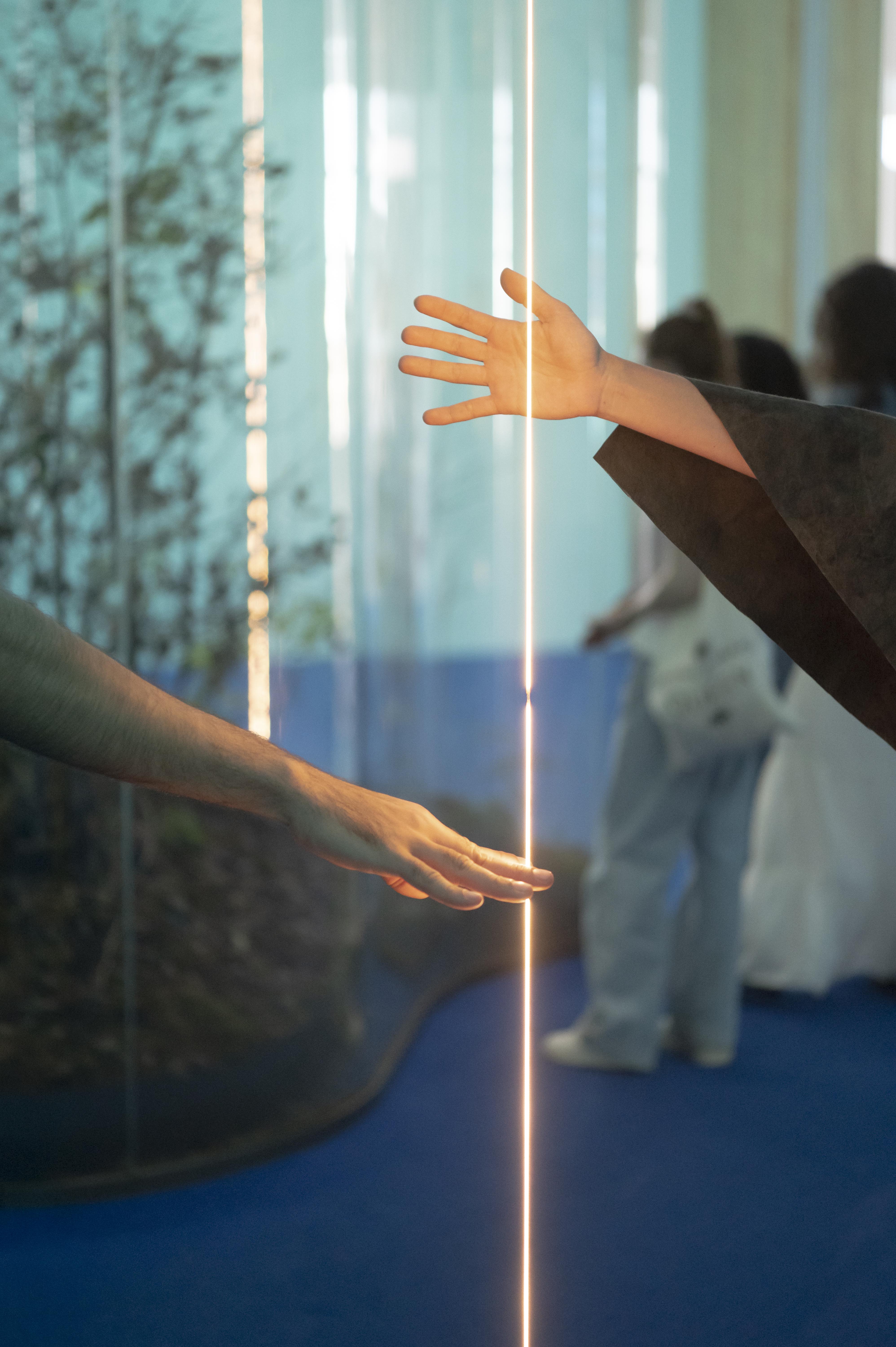
CRIPSIS
Curatorial
BARCELONA (MACBA), 2024

THE LISTENING AFFECT
Curatorial
PORTO, 2023
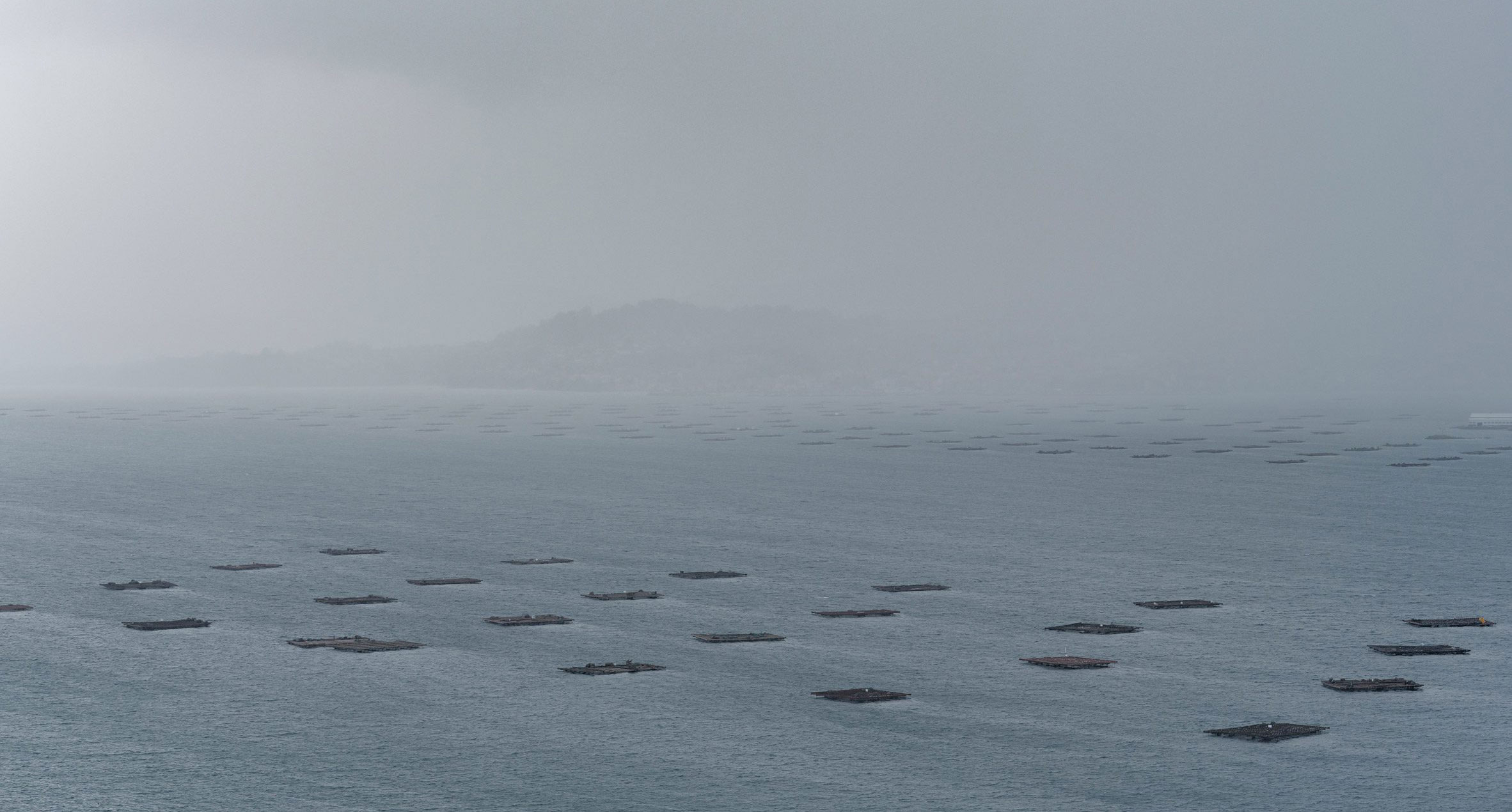
FROM FLESH TO DATA
Research
VENICE, 2023

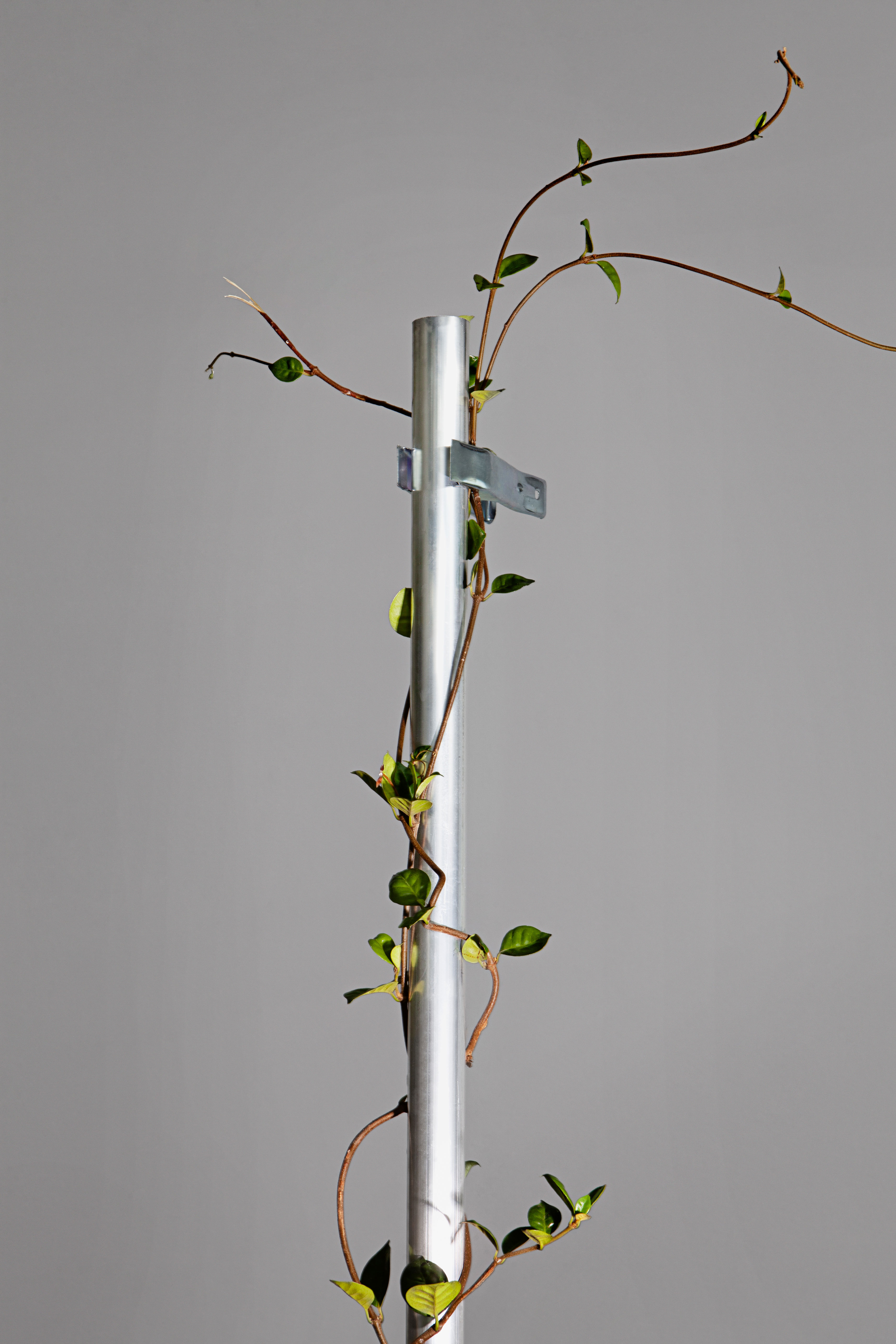
A Green Jade Lake
Exhibition
MADRID, 2022

Becoming Assembly: On the Whys and Hows of Design Today
Workshops
PORTO, 2023
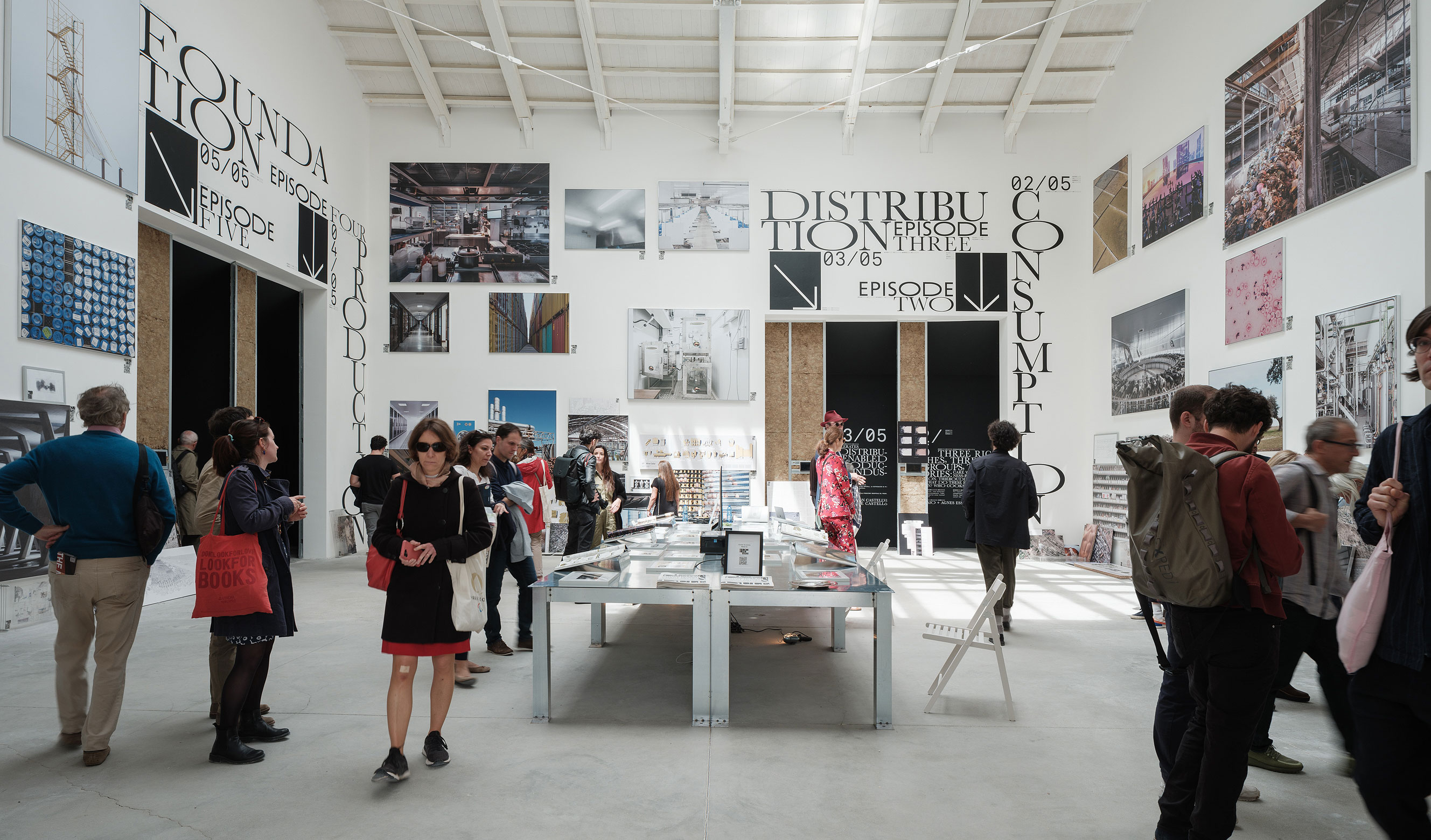
FOODSCAPES: VENICE ARCHITECTURE BIENNALE
Exhibition
VENICE, 2023
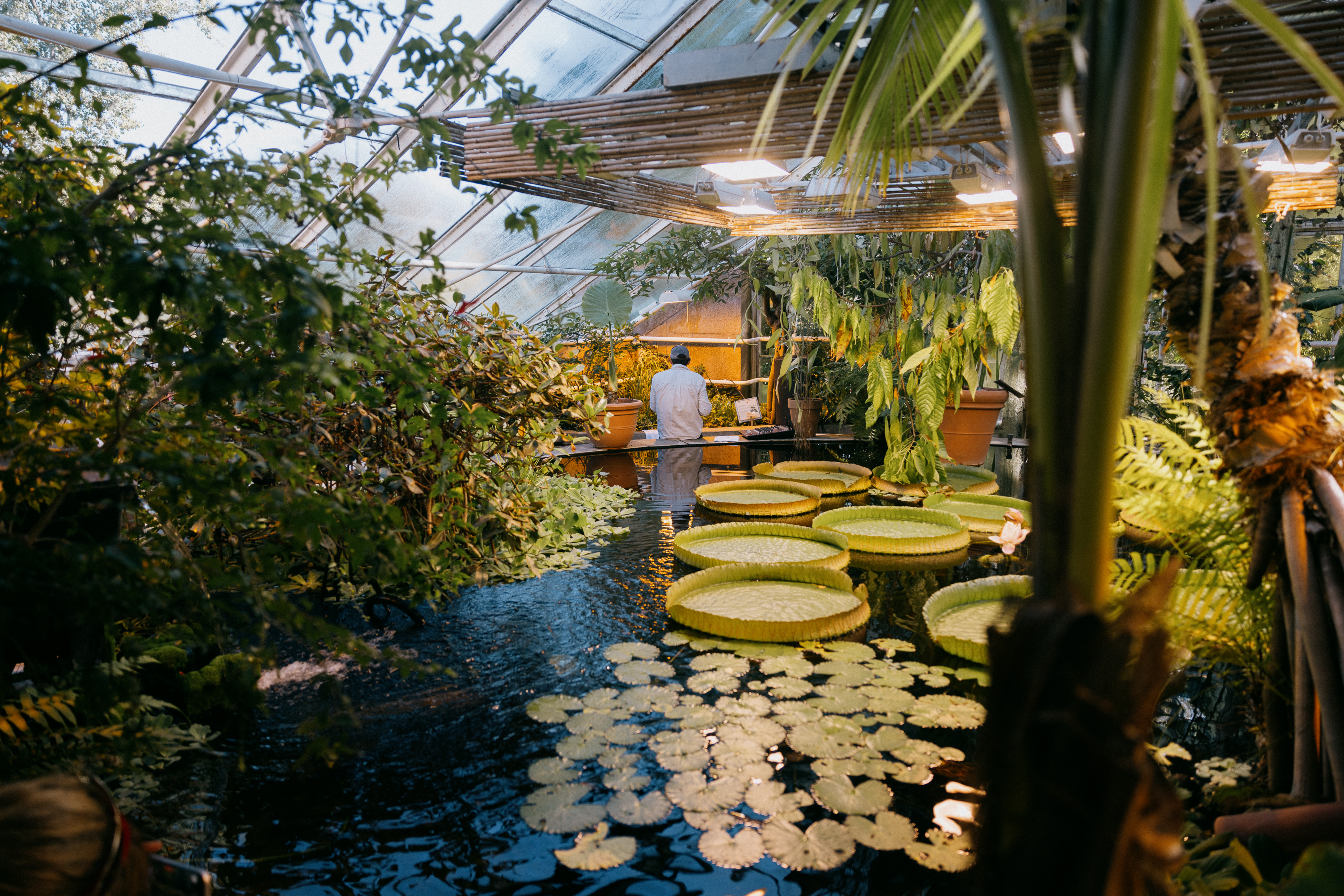
HotHouse Flowers
Curatorial
OSLO, 2024